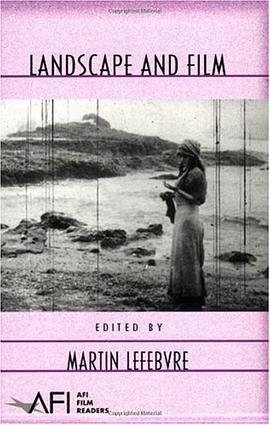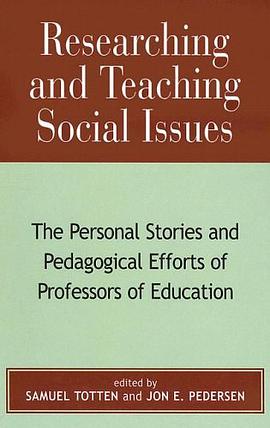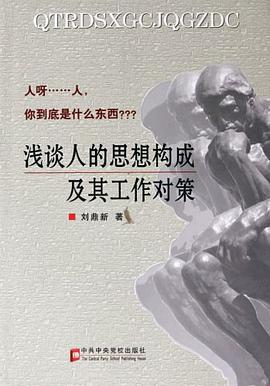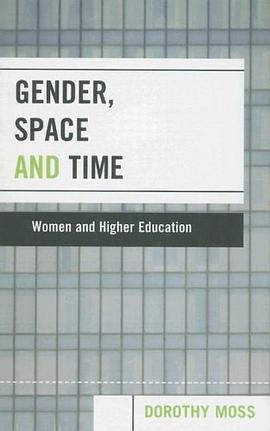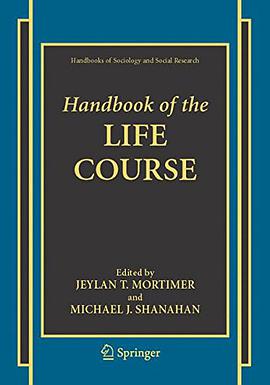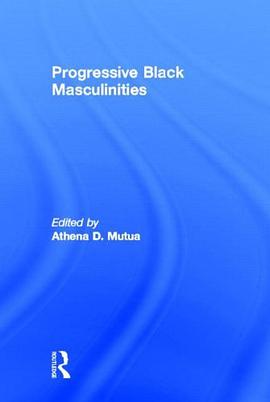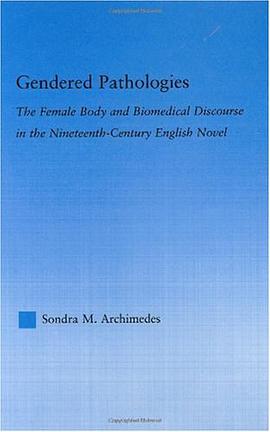

具體描述
Gendered Pathologies examines nineteenth-century literary representations of the pathologized female body in relation to biomedical discourses about gender and society in Victorian England. According to medical and scientific views of the period, the woman who did not conform to the dictates of gender ideology was, biologically speaking, aberrant: a deviation from the norm. Yet, although marginalized in a social sense, the "deviant" woman was central as a literary and cultural trope. Analyzing novels by Charles Dickens, H. Rider Haggard, and Thomas Hardy alongside Foucault's notion of perverse sexualities and Herbert Spencer's model of the social organism, Archimedes argues that the pathologized female body displaces or resolves, on a narrative level, larger cultural anxieties about the health of the British as a species. While earlier feminist investigations asserted that bourgeois ideology helped to construct scientific discourses about female sexuality and social behavior, this study takes these assertions as a starting point . Examining incest, racial stereotyping, and neurasthenia, Gendered Pathologies attempts to shed light on the ways in which biological thinking permeated British culture in the second half of the nineteenth century.
著者簡介
圖書目錄
讀後感
評分
評分
評分
評分
用戶評價
相關圖書
本站所有內容均為互聯網搜索引擎提供的公開搜索信息,本站不存儲任何數據與內容,任何內容與數據均與本站無關,如有需要請聯繫相關搜索引擎包括但不限於百度,google,bing,sogou 等
© 2025 book.quotespace.org All Rights Reserved. 小美書屋 版权所有




